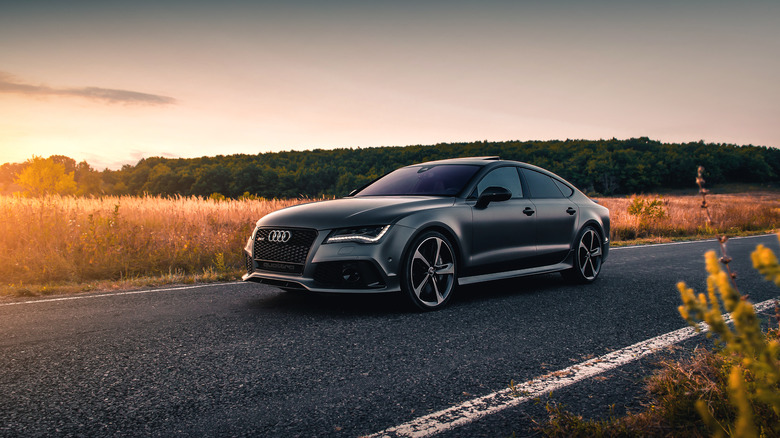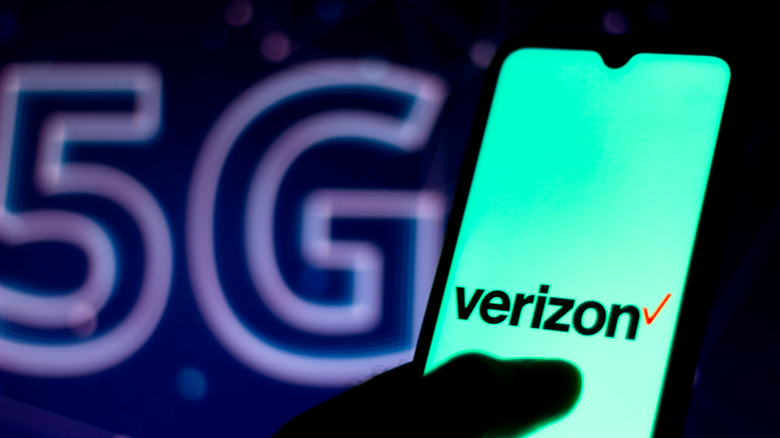Verizon And Audi Partner To Bring 5G To Vehicles
Verizon has inked its first agreement with a "global premium automaker", partnering with Audi to provide 5G service to vehicles in the US. The agreement comes at a time when Verizon is struggling to catch up in the 5G market.
While 5G is often thought of purely in the context of consumer cell phones, the next generation of wireless technology is poised to have a major impact on a wide array of industries. Manufacturing, robotics, AI, edge computing, cloud computing, and the automotive industry are just a few that stand to benefit from 5G implementation.
Despite the importance of 5G, Verizon has struggled to catch up with T-Mobile in the US market. Much of this stems from decisions Verizon made early on regarding the type of 5G it deployed, betting big on high-band mmWave. This particular flavor of 5G offers multi-gigabit speeds, but its range is limited to a few hundred meters, and the signal can be easily blocked by buildings, trees, and other obstacles.
On the other end of the spectrum is low-band 5G. This flavor offers excellent range and penetration but is not much faster than regular 4G LTE. To make matter worse, the spectrum Verizon needed for low-band 5G deployment was already in use powering its LTE network. Verizon eventually overcame this by using Dynamic Spectrum Sharing (DSS) to share its low-band between LTE and its nationwide 5G network. Unfortunately, the result was less than ideal, with its low-band 5G network often performing worse than its 4G LTE.
The sweet spot for 5G, in terms of speed and coverage, is the mid-band range of the spectrum, also called C-band. Verizon recently spent billions of dollars buying up C-band spectrum, and that purchase has opened the door for it to ink partnerships that would otherwise not have been available to it.
Verizon and Audi's partnership
Verizon and Audi's partnership is evidence the company's decision to change gears and invest in C-band is paying off. C-band spectrum allows Verizon to offer its partner companies abilities that low-band and mmWave would be unsuitable for on their own.
In particular, Verizon's 5G will help Audi offer vehicle-to-everything (C-V2X) technology, allowing a vehicle to communicate with other vehicles, construction hazards, and more, and is considered pivotal to the development of self-driving vehicles. In addition, 5G will allow for faster mapping updates, and system firmware and software updates. Meanwhile, passengers will be able to tie in to the vehicle's internet access to stream movies, games, and other content.
"Audi drivers will be among the first in the world to experience a new generation of automobiles, one in which their car is both a 5G mobile device and a vehicle," said Tami Erwin, CEO of Verizon Business. "We're proud to bring our transformative 5G networking expertise to a visionary partner like Audi, whose premium automotive engineering deserves second-to-none 5G technology to match."
With Verizon flipping the switch and rolling out its C-band spectrum in January, it's a safe bet the partnership with Audi won't be its last.

